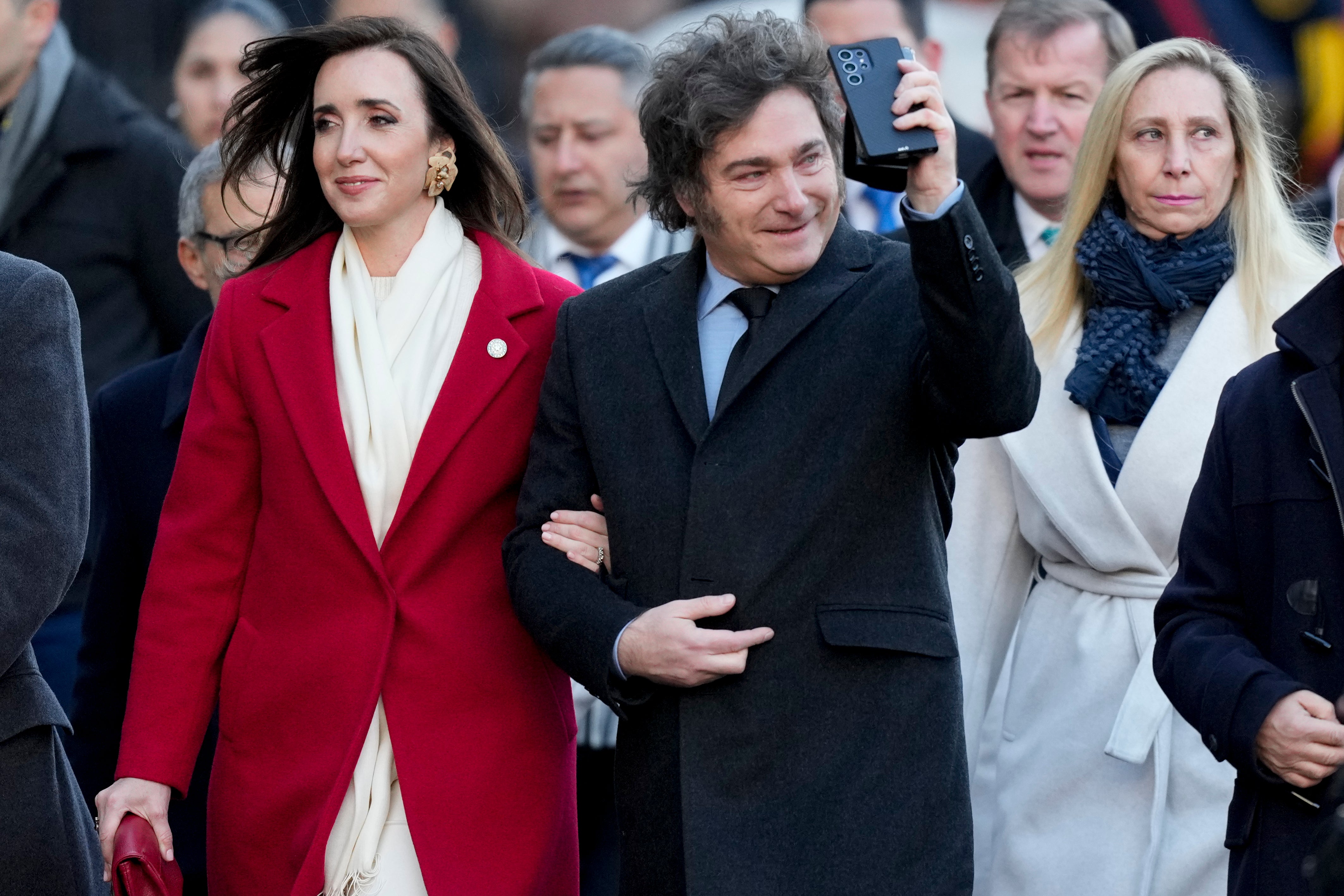Argentina's inflation edges up in June, breaking monthslong streak in blow to President Milei
A closely watched measure of inflation in Argentina remained stronger than the libertarian government of President Javier Milei would have hoped

A closely watched measure of inflation in Argentina remained stronger than the libertarian government of President Javier Milei would have hoped on Friday, as the official statistics agency reported prices edging up in June and breaking a monthslong streak of declines.
Argentina's consumer price index rose 4.6% in June, slightly up from the rate of 4.2% in May, ending a five-month trend of cooling inflation that experts had attributed to a deepening recession brought about by Milei's brutal austerity scheme. President Milei has touted the falling prices over recent months as a key victory in his fight against Argentina’s worst economic crisis in over two decades.
When Milei became president last December, monthly inflation was peaking at 25%. But the price drop since hasn't offered much relief to ordinary Argentines as Milei presses on with a harsh austerity program that involves slashing generous energy subsidies, scrapping price controls and devaluing the Argentine peso.
Friday’s government report showed Argentina’s annual inflation slowing a bit to just over 271% — still among the highest rates in the world.
Surging electricity and gas prices accounted for most of June's inflationary spike, the statistics agency said. Argentines have reported eye-watering utility bills after years of paying highly subsidized rates under left-leaning governments.
In stark contrast to Milei's program, those past Peronist administrations fixed prices and printed billions of dollars’ worth of pesos to fund a large deficit — fueling chronically high inflation.
Under Milei, Argentina's energy ministry last month reported that low-income households that previously paid just 5% of the real cost of electricity have started paying a third of it while middle-income households now cover at least half following Milei's removal of subsidies. The government has also capped electricity consumption to qualify for subsidies, squeezing families as a cold front sweeps Argentina during the Southern Hemisphere’s winter.
The country's cost of living has surged nearly 80% in the first five months of 2024 compared to the same period last year, the report also showed. Prices in Buenos Aires shops and restaurants have reached levels comparable to the U.S. even as public salaries and pensions have been held down.
In further worrisome news for Milei, the peso on Friday fell to another record low against the dollar, hitting 1,500 on the black market after months of stability.
The steep fall in Argentina’s currency means the gap between the black market rate and the official exchange rate, currently 919 pesos to the dollar, has widened to over 50%. That complicates Milei's goal of eventually lifting Argentina's strict currency controls to restore investor confidence.
Milei's government wants the International Monetary Fund — to which Argentina already owes a staggering $44 billion — to step in with a new loan to support his plans to remove capital controls.
But as uncertainty remains over the future of Milei's economic program, the IMF dampened expectations of a new deal on Thursday.
“The staff will engage in discussions on a possible new arrangement as we would with any IMF member," the fund's spokesperson, Julie Kozack, told reporters Thursday. "At this stage, there is no specific timeline for those discussions.”
Bookmark popover
Removed from bookmarks